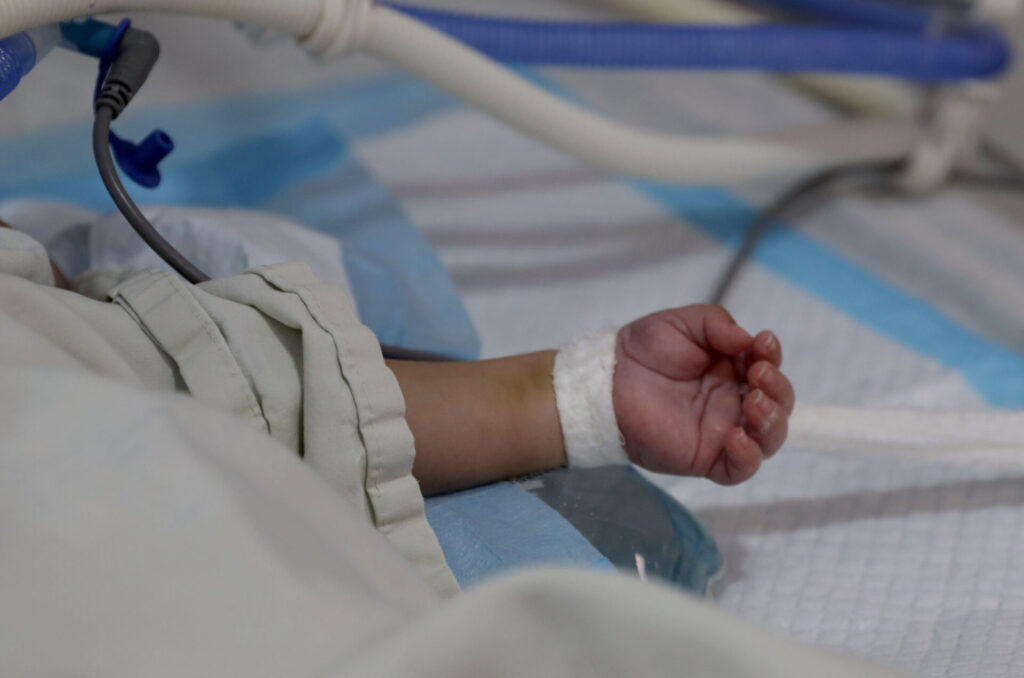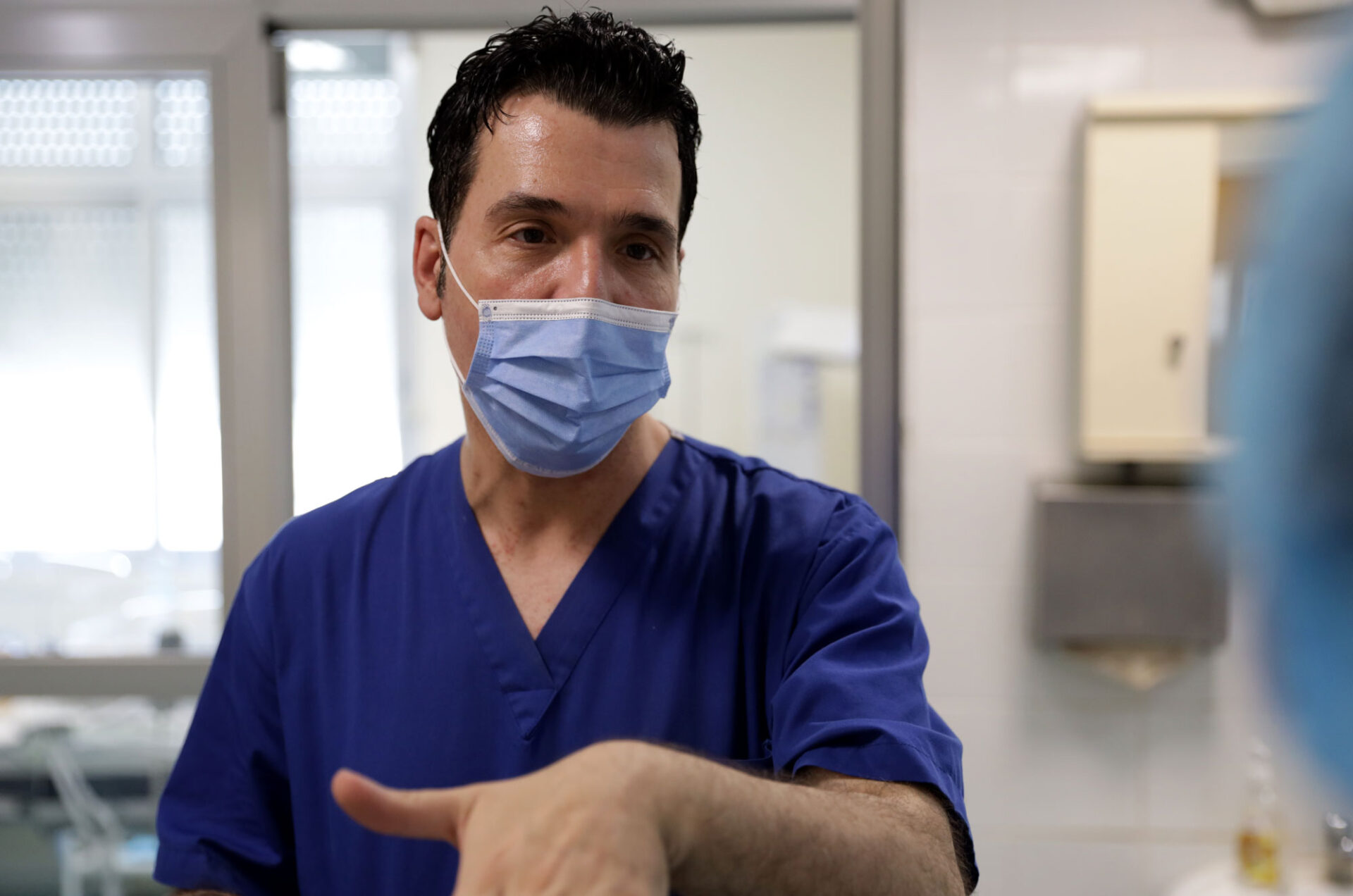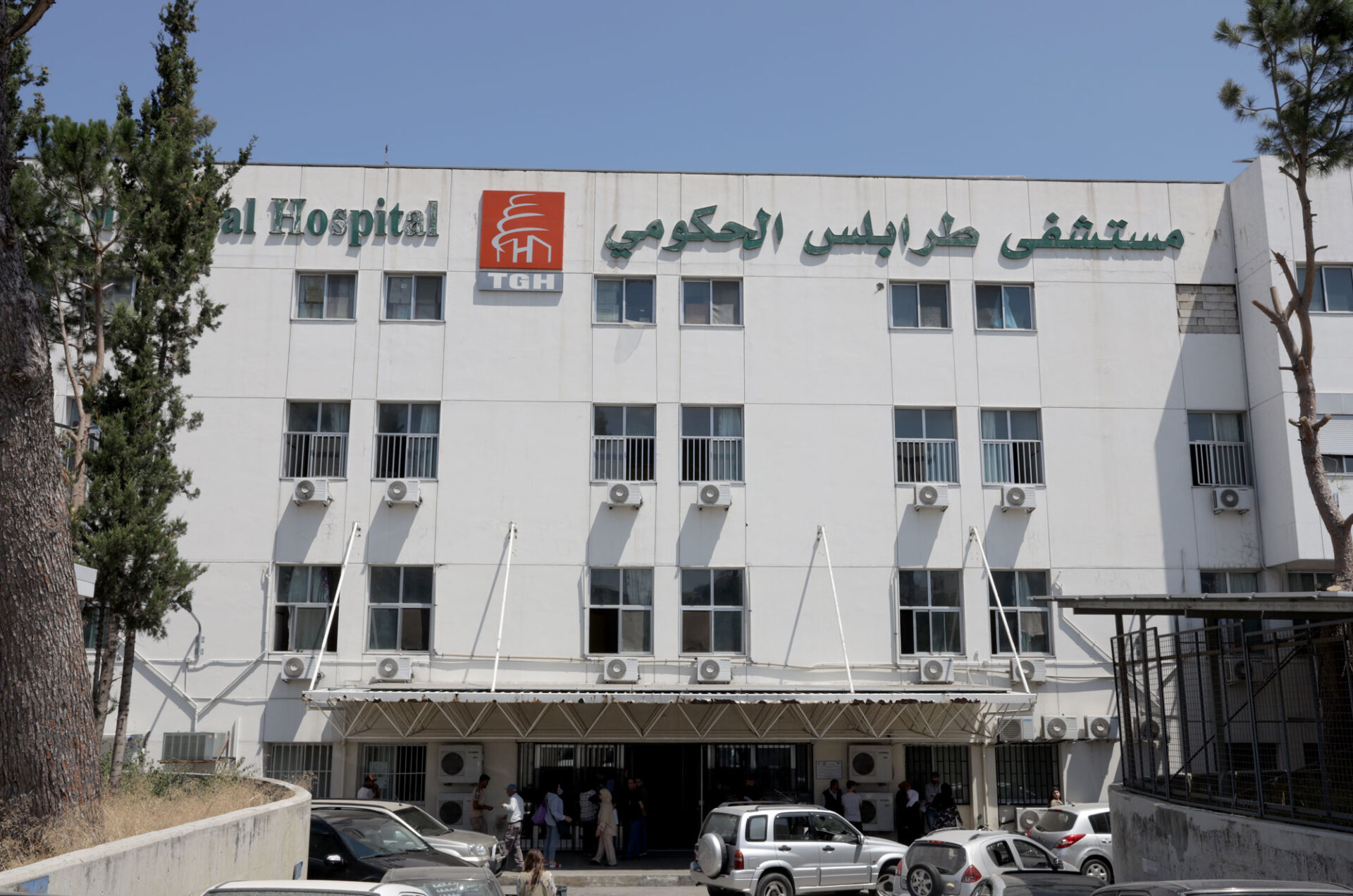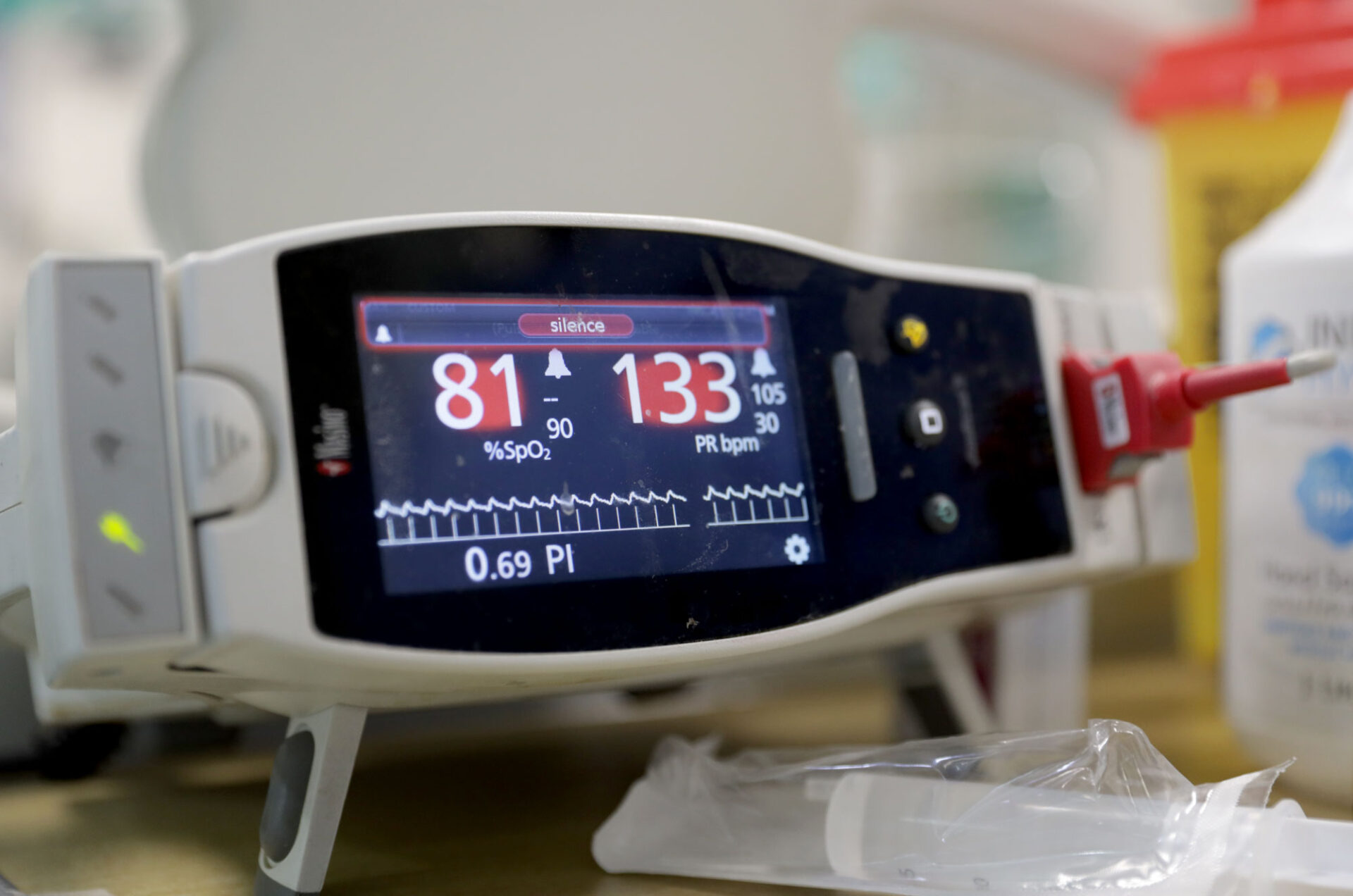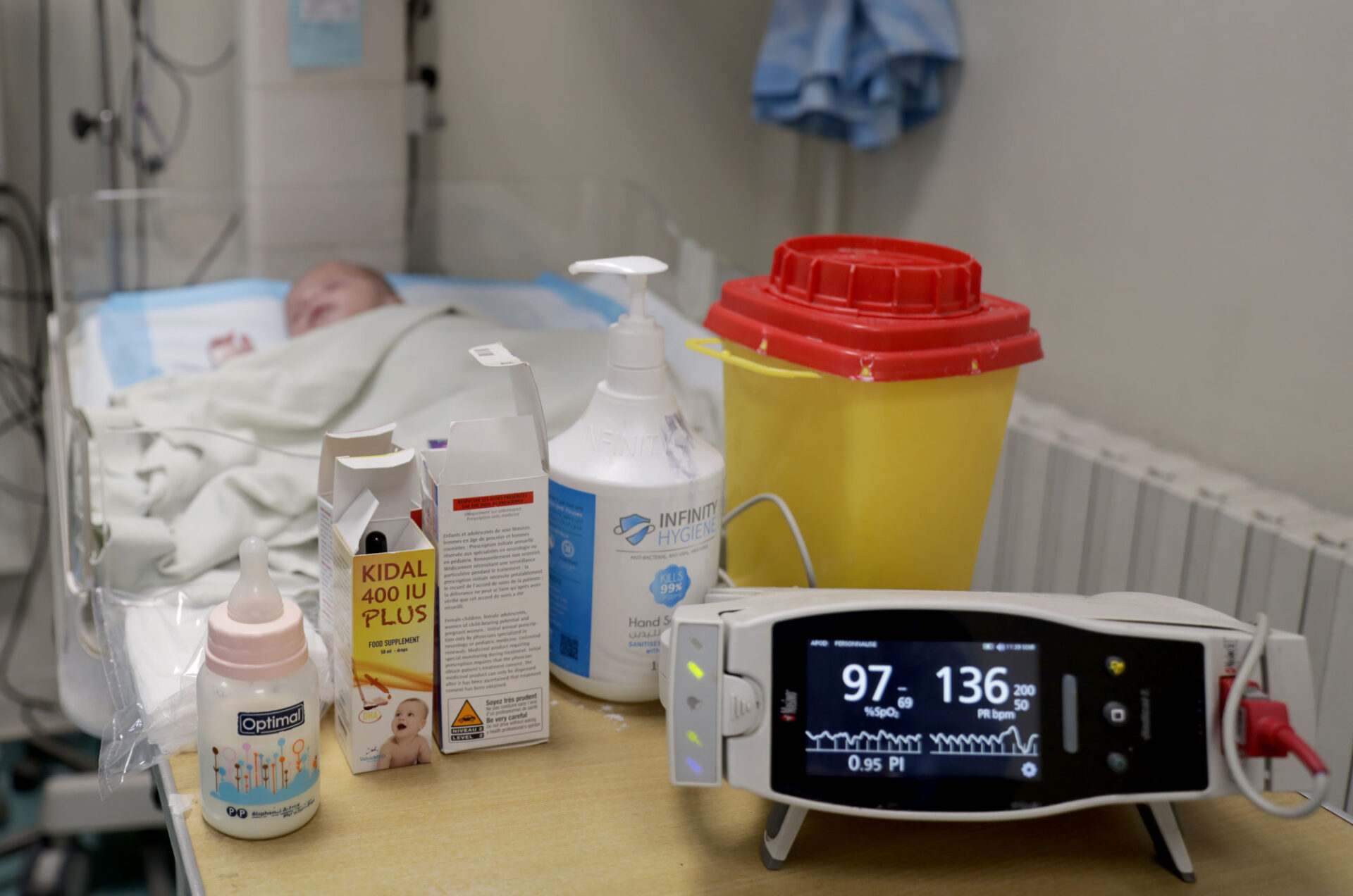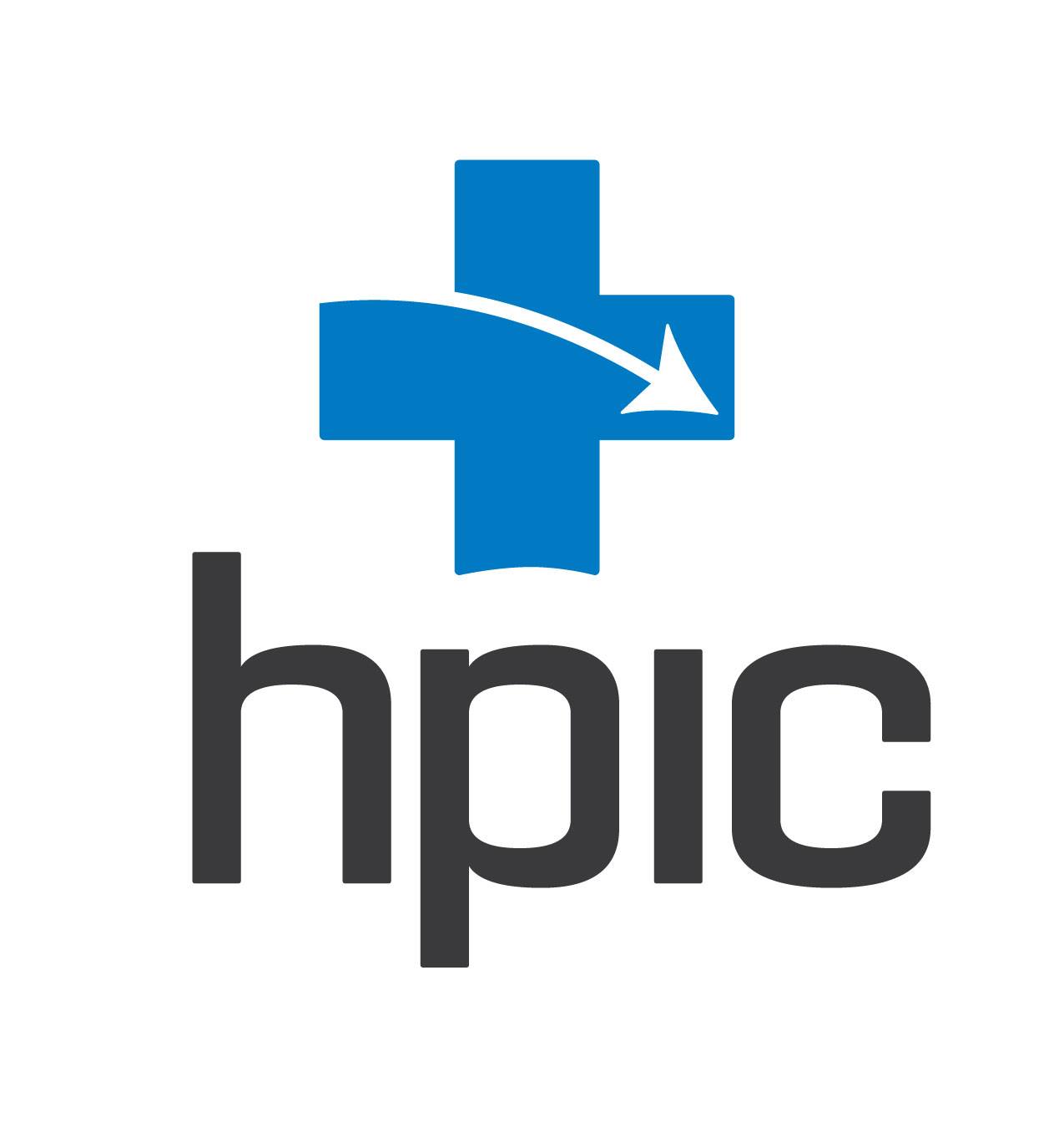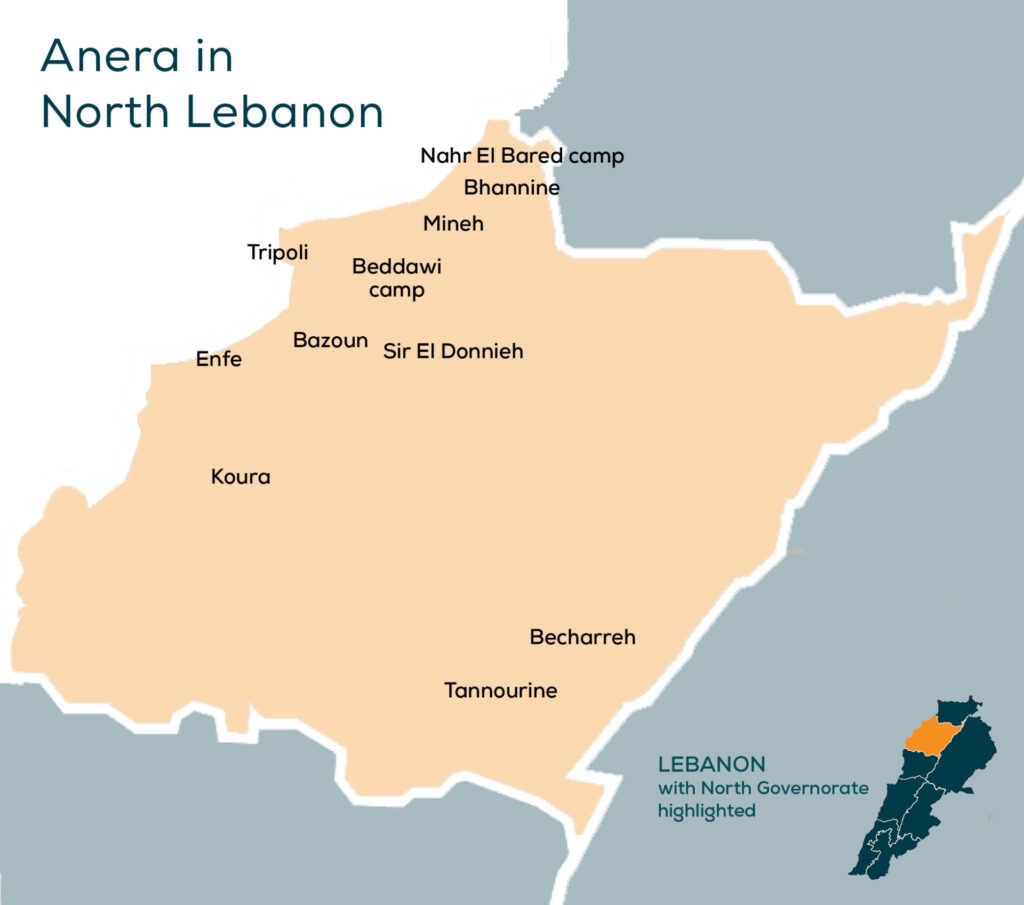Jul, 2023
Anera’s Neo-Life Project Helps Save Premature Neonates in Lebanon
Lebanon’s Ministry of Health estimates that 639 newborns died before reaching the age of 28 days in 2021. In 2022, an estimated 18,000 babies were born preterm and needed to be admitted to a neonatal intensive care unit.
These heartbreaking statistics highlight the urgent need for specialized care and support for premature babies who face heightened risks and challenges, from underdeveloped organs, respiratory difficulties, feeding issues, infections and developmental delays that may require intensive medical intervention to survive and thrive.
In collaboration with Health Partners International of Canada (HPIC), Anera launched a two-year Neo-Life project in 2022 to pave the way toward health and well-being for vulnerable premature neonates. The program provides essential equipment, medications, and supplies to help alleviate the financial burden for families and empower healthcare providers to save lives.
“Utilizing top-notch equipment is crucial when dealing with premature infants, who often weigh as little as 600 grams,” explains Nagi Fallah, a biomedical engineer at Tripoli Governmental Hospital.
The Neo-Life project provided the financing to locally purchase neonatal pulse oximeters, phototherapy equipment and related supplies for the hospital's neonatal intensive care unit.
The equipment will allow medical staff to provide improved care to premature newborn babies, helping to control elevated bilirubin levels in their vulnerable infant patients and to monitor oxygen saturation levels.
Fallah says the contribution enables Tripoli Hospital to sustain its mission of saving and treating premature babies. He says economic conditions negatively impacted insurance coverage for hospital admissions, pushing patients toward government hospitals that had more affordable services. As a result, government hospitals have experienced a sharp increase in the need for specialized care for premature infants.


“Thanks to the [donation], the hospital has received high-quality neonatal oximeters and phototherapy equipment.”
Rima Kamal, an Anera medical donations program pharmacist, lists the challenges faced by Tripoli in general.
“It’s one of the most marginalized cities in Lebanon, marked by the highest poverty rate in the country. So the Neo-Life project can help ease the financial burden for parents dealing with babies living in such vulnerable communities. And, it can ensure that premature babies receive the necessary care.”
And that, she says, can increase their chances to survive and develop.
Taha Al-Agha is the head nurse at the neonatal intensive care unit in Tripoli Governmental Hospital. He understands all too well the struggles faced by both patients and healthcare providers in these difficult times.
“We have witnessed a significant decline in the number of insurance companies willing to cover hospital admissions due to the difficult economic conditions.”
Al-Agha says the donated equipment greatly facilitates the work of nurses and healthcare providers, ensuring continuous monitoring and measurement of oxygen levels for all infants.
Anera’s ongoing support is more than equipment alone. Since last year, Anera has been supplying the hospital a continuous supply of critical medications. Al-Agha adds,
"These medications, including anti-inflammatory drugs designed specifically for children and those improving respiratory function in infants, have been essential in providing the necessary care to treat them.”
Al-Agha says it represented substantial savings for the hospital and eased the financial burden for other departments too.
By addressing the financial burden on parents and equipping healthcare providers with top quality equipment and medications, Anera and HPIC are making a profound difference in the lives of these vulnerable infants. And that, hospital staff say, is ensuring that premature babies have every chance to thrive and embrace a future filled with health and possibilities.
Help us do more.
Just $1 ships $115 worth of medical supplies and healthcare. With your support, we can continue to deliver life-changing medicine to the most vulnerable communities in the areas we serve.



